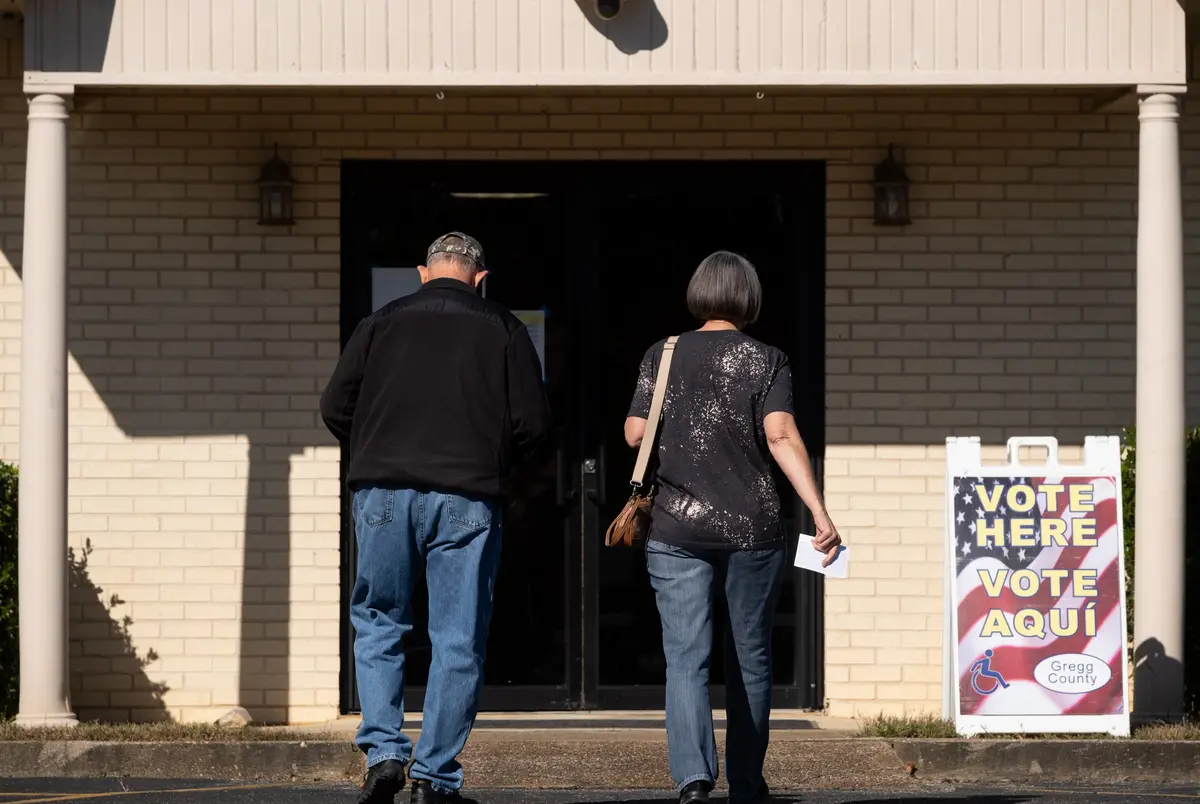AUSTIN, Texas — A recently enacted Texas law has significantly affected the process for residents seeking to change their names, creating additional requirements and potential barriers for many applicants.
Texas Senate Bill 16, which took effect earlier this year, introduces stricter regulations for voter registration to provide proof of citizenship. The legislation requires extensive documentation, including proof of identity, criminal background checks, and additional paperwork examining applicants’ histories.
The financial implications include increased expenses related to filing fees, background check costs, and potential legal assistance to navigate the more complex requirements. These added costs come at a time when many divorce applicants are already managing financial adjustments.
Additionally, proponents of SB 16 aim to prevent individuals from using name changes to evade legal obligations such as child support or alimony. Supporters argue that these measures combat fraud and ensure accountability.
The impact may be particularly significant for divorced individuals, especially women, who adopted their spouse’s surname upon marriage and wish to revert to their birth names following divorce proceedings. The new requirements extend processing times and add costs to the name change process.
Legal experts note that the law may have broader implications for various groups seeking name changes, including newly married individuals considering whether to take a spouse’s name and transgender individuals seeking alignment between their legal name and gender identity.
- For those navigating the system, attorneys specializing in family law recommend:
- Gathering documentation early, including birth certificates, marriage licenses, and divorce decrees
- Budgeting for all associated costs, including filing fees and background check expenses
- Preparing for potential delays in processing
- Maintaining copies of all submitted documentation
- Systematically updating names across all relevant accounts and identification documents once approved
Texas SB 16 represents part of a broader legislative trend examining identification verification processes in various contexts. Critics question whether the increased requirements achieve an appropriate balance between preventing fraud and maintaining accessibility to legal name changes.
The legislation’s practical effects continue to unfold as more Texas residents encounter the new requirements when seeking to change their names through official channels.









































